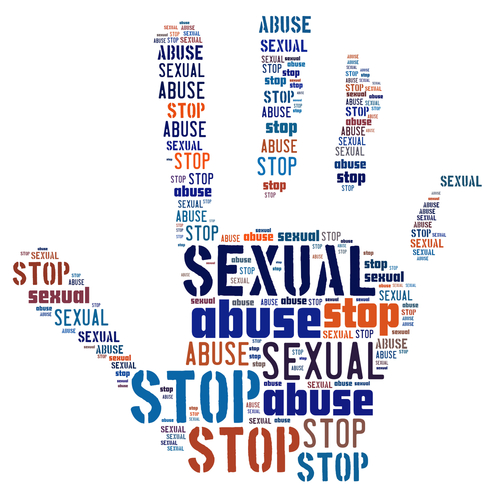The DAC Pillars of Prevention and Response
Six pillars of the DAC Recommendation
- Policies, professional conduct standards, organisational change, and leadership
- Survivor/victim-centred response and support mechanisms
- Organisational reporting, response systems, and procedures
- Training, awareness raising, and communication
- International coordination
- Monitoring, evaluation, shared learning, and reporting
|
What can governments do?
Some key recommendations include that governments should:

- Develop policies and professional conduct standards and foster organisational change and leadership on SEA and SH in the provision of international aid, including through Codes of Conduct or Ethical Standards that provide explicit standards and regulations and ensure communication to staff and senior management in development agencies, and developing country partners.
- Develop survivor- and victim-centred response and support mechanisms, in which their experiences, rights, needs, and wants are at the centre of reporting, investigative, and response systems. Donors and implementing partners should aim to respond in a timely manner, support and protect survivors and victims.
- Establish organisational reporting and response systems and procedures for the prevention of SEA and SH, including internal complaint and investigation procedures, anonymous reporting mechanisms, protection from retaliation for whistleblowers and those affected by abuse. Human resources practices should prevent the hiring of perpetrators.
- Conduct training, raise awareness, and communicate on SEA and SH prevention, through activities and educational outreach efforts or programmes with implementing partners, to ensure aid recipients and local populations are aware of their rights, reporting mechanisms, and available support services. Aid beneficiaries and local populations should be consulted in the design of SEA and SH response programmes, and wider programming where appropriate, to ensure their needs are met.
- Ensure international coordination for SEA and SH prevention and response. Ensure closer collaboration among DAC members, implementing partners, and international and national experts, and the United Nations, specifically the Inter-Agency Standing Committee (IASC); and the UN System Chief Executives Board for Coordination (CEB). Particular efforts should be made to align standards for survivors’ and victims’ support, investigation management, and reporting by implementing partners.
- Develop mechanisms for monitoring, evaluation, and reporting on SEA and SH prevention and response, with reporting and response procedures that provide clear guidelines for staff on when and to whom to report, and how senior management can respond in a confidential and sensitive manner that puts victims and survivors first.
|
What is a DAC Recommendation?
While OECD-DAC Recommendations are not legally binding, they are highly influential.
|
Who developed the DAC Pillars?
In June 2018, the DAC established a Reference Group to guide the scoping and development of a DAC instrument on Ending SEA and SH, co-Chaired by DAC delegates from Austria, Ireland, and the United Kingdom. This group, supported by a OECD Development Co-operation Directorate Task Force undertook a literature review and survey of DAC members’ policies and systems to prevent and respond to SEA and SH in development co-operation, and humanitarian assistance.
In order to ensure coordination with other processes and hear from a diversity of actors, the DAC Reference Group also invited specific groups to appoint representatives to attend its meetings, including the United Nations and the Inter-Agency Standing Committee, the World Bank, civil society representatives, and partner countries/non-DAC members. Based on the literature review, survey findings, and meetings of the DAC Reference Group developed the six Pillars of the DAC Recommendation.
|
What is next?
The DAC Network on Gender Equality (GenderNet) will support a multi-stakeholder forum to design a monitoring and learning process, promote shared practices, and develop a tool-kit to accompany members in implementing the Recommendation. The Recommendation will be updated within five years, based on the tailored monitoring and learning process and the existing DAC peer-review mechanism.
|
Find out more
|
